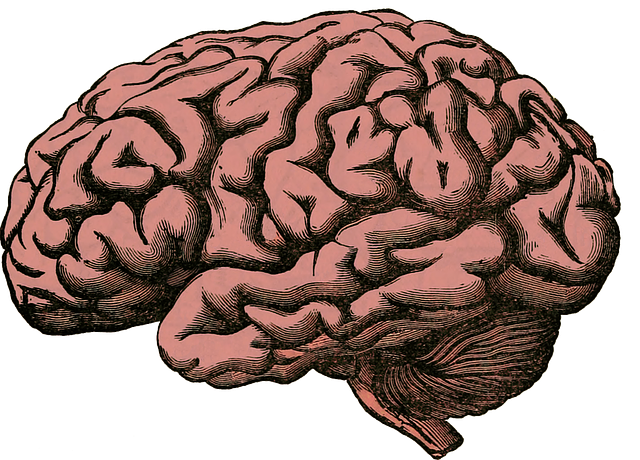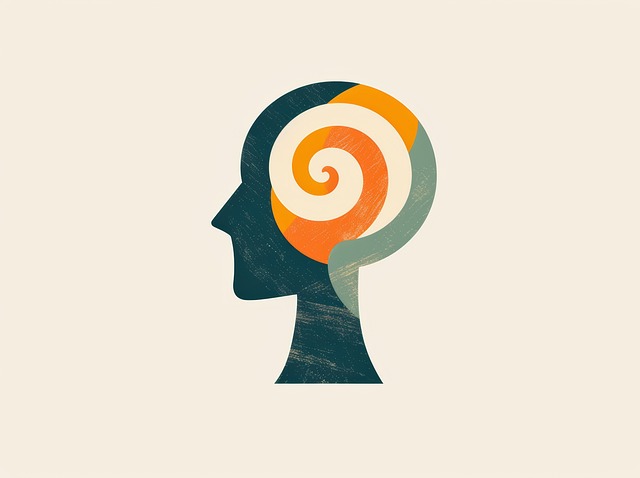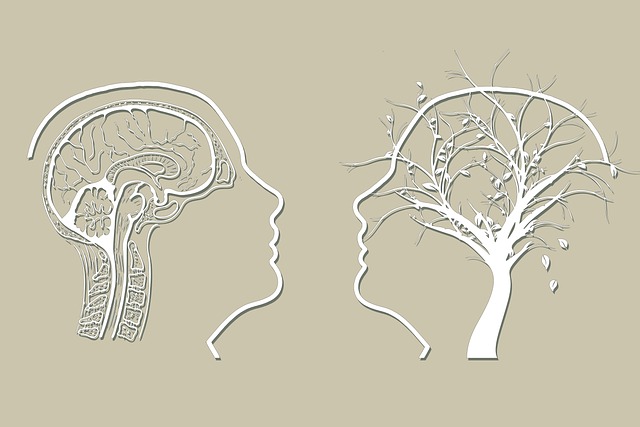Therapy for Major Life Transitions offers a vital support system, providing tools to process emotions, enhance coping mechanisms and build resilience during challenging times. Effective workshops tailored to diverse needs should include risk assessments, interactive activities, theoretical learning and practical techniques. Facilitators create an inclusive environment fostering open dialogue and peer learning, with success measured through participant progress tracking, satisfaction surveys and pre/post assessments focusing on stress levels, mood and overall well-being.
Stress management workshops play a crucial role in helping individuals navigate the challenges of major life transitions. These transformative events, from career changes to personal milestones, often trigger significant stress that can impact overall well-being. This article explores effective strategies for designing and facilitating workshops, focusing on understanding stress during these pivotal times. We’ll delve into specific techniques, explore facilitation best practices, and discuss measuring workshop success, offering valuable insights for those seeking therapy for major life transitions.
- Understanding Stress During Major Life Transitions
- Designing Effective Stress Management Workshops
- Facilitating and Measuring Workshop Success
Understanding Stress During Major Life Transitions

Major life transitions, such as changing jobs, moving to a new city, or experiencing the loss of a loved one, can be incredibly stressful. Understanding and managing stress during these times is crucial for maintaining mental well-being. Many people turn to therapy for major life transitions to navigate these challenges effectively. Therapy provides a safe space to process emotions, gain insights into coping mechanisms, and develop strategies to build resilience.
Compassion cultivation practices, which foster emotional intelligence, are often integrated into stress management workshops. By cultivating self-compassion and understanding others’ perspectives, individuals can enhance their cultural sensitivity in mental healthcare practice. This holistic approach not only helps participants manage immediate stressors but also equips them with lifelong tools to navigate future transitions with greater ease and adaptability.
Designing Effective Stress Management Workshops

When designing effective stress management workshops, it’s crucial to understand that each participant brings their own unique experiences and challenges. Customizing content to cater to different needs is essential. Start by assessing the group dynamics, ages, professions, and individual stressors through a risk assessment for mental health professionals. This foundational step ensures that the workshop resonates with everyone. Incorporate interactive activities, such as role-playing exercises and group discussions, which foster engagement and facilitate the sharing of personal experiences related to therapy for major life transitions.
Conflict resolution techniques play a vital role in these workshops, teaching participants how to navigate challenging situations and manage their stress levels effectively. Balance theoretical knowledge with practical applications, allowing attendees to explore various coping mechanisms, mindfulness exercises, and relaxation techniques. By combining these elements, your organization can facilitate meaningful discussions, foster a supportive environment, and ultimately empower participants to better manage their stress in both personal and professional settings.
Facilitating and Measuring Workshop Success

The success of a stress management workshop lies in its ability to facilitate meaningful change and provide practical tools for participants. Facilitators should aim to create a safe, supportive environment where individuals feel comfortable sharing their experiences and learning from one another. Interactive activities, such as group discussions, mindfulness exercises, and role-playing scenarios, can help engage participants and reinforce key concepts like Mind Over Matter principles and emotional healing processes.
Measuring workshop success involves tracking participant progress and satisfaction. Pre- and post-assessments can gauge improvements in stress levels, mood, and overall well-being. Additionally, collecting feedback through surveys or one-on-one interviews allows facilitators to identify areas for improvement. By incorporating these methods, the organization ensures that the workshops effectively address the needs of attendees, particularly those navigating major life transitions, and promote depression prevention strategies.
Stress management workshops play a pivotal role in providing individuals with therapy for major life transitions, offering practical tools to navigate challenging periods. By combining insights from understanding stress with effective workshop design and measurement, organizations can empower participants to foster resilience and enhance their overall well-being. These structured interventions not only equip people with coping strategies but also create supportive environments where learning and personal growth thrive.














